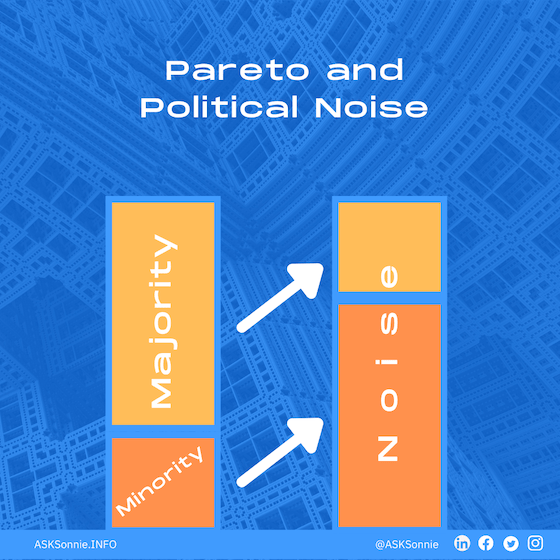Glitter attracts followers, but empathy breeds influential leaders.
Since the fervor of election season has quieted down, I can share my response to an acquaintance who asked how to convert Leni’s unbelievers. I said to be empathic and to avoid engaging from a moral high seat.
A condescending attitude doesn’t convert
I feel that while there are die-hard Marcos fans, there are people who were turned off by a condescending behavior. As a result, some may have cast a protest vote.
If cerebral discussion falls short, try empathy
Empathy can be cognitive, emotional, or compassionate. Cognitive simply means you understood the context of their behavior, while emotional is a notch higher because you also felt their emotions. The highest form is compassionate empathy because you did something to address what you understood and what you felt.
Application:
I regularly facilitate (leadership) mentoring for our barangay’s chairman and kagawads. I became aware of the various health issues these officials are experiencing, but I also learned that they are NOT part of the annual physical examination or any health program of either the LGU or the national government (except the Philhealth card that is preloaded with P15k that they can only avail once).
As a resident, I have witnessed their dedication, transparency, and above-average management of our community, particularly during the pandemic. In previous years, the barangay received several awards.
I understood (cognitive) why they would prefer to self-medicate rather than go to public hospitals unless it was an emergency. I also felt their pain (emotional) because, despite their dedication, they were frequently criticized. They also risk developing mental and physical illnesses while performing their duties, but they do not receive commensurate government health benefits.
So I contacted my acquaintances in high places of government to see if there was indeed no program for them and what could be done. Similarly, I asked entrepreneur friends if their organizations could do some sort of CSR initiative for deserving Barangay officials (compassionate).
I used to lead the HR of a labor-intensive company where 70% of the manpower was blue-collar employees. These are either elementary graduates, HS level, or HS graduates.
They were dubbed palengkeros and utak squatters by enraged educated staff because, during parties, these employees would take more food than they could eat and place it in plastic bags to take home, nauubusan ang iba ng pagkain. They also said these employees were hard to deal with and their behavior is borderline arrogant.
While I agree with this observation, these employees are also fiercely loyal to the people who gained their trust, rightfully or wrongfully.
I was a greenhorn manager when I took over as HR head of this company. When I started, I had no idea that the employees were in the process of organizing a union. So, when we received the notice for election certification, management bombarded me with questions about why this had happened. Though I was only an observer of the process, I immersed myself in employee exchanges to learn the compelling reason why they had to organize themselves. I discovered that their issues could have been quickly resolved, but because the trust level is zero due to the neglect and the condescending attitude of some managers, they opted to self-organize.
In this experience, I learned a valuable lesson in people management, empathy makes thought leaders influential
I also figured as a young manager that the noisiest is not always the majority.
In this story, the majority of employees, who kept their opinion to themselves, don’t want to organize, thus, the company remained union-free.

Does the Pareto Principle Apply in Politics?
The lessons from this experience defined my approach to influential leadership moving forward in my career. Though I made silly approaches to win an argument, gain support and force people to submission. Establishing a heartfelt connection with the people is still the best way to go.
- I accommodated some invitations from these people even at simple gatherings; I brought lutong bahay food and ate with them in numerous lunches; Doing these and others so I could take a look at the lenses that they are using, and understand why such lens is being used
- I also learned from my mentor that the best way to sincerely connect with people is to make your presence felt on any of these life’s emotional milestones. (1) Death in the family (2) Wedding of employee (3) Childbirth.
On one occasion, I was in a hospital with an employee when her sister died after an attempted rape and robbery. You can’t help but feel their horror and pain, it gave me sleepless nights for about a week. - And whenever we would conceptualize programs, or introduce new policies, we anchored the implementation from a humane standpoint (hr in hr or human rights in human resources)
Taking these anecdotal tips from personal experience, I am leaving these thoughts to ponder.
In the marketplace of ideas, people will not always agree with us, but they may still follow our lead because we are empathic.
And where there is a lack of empathy, social engineers and disinformation artists will fill the void.






